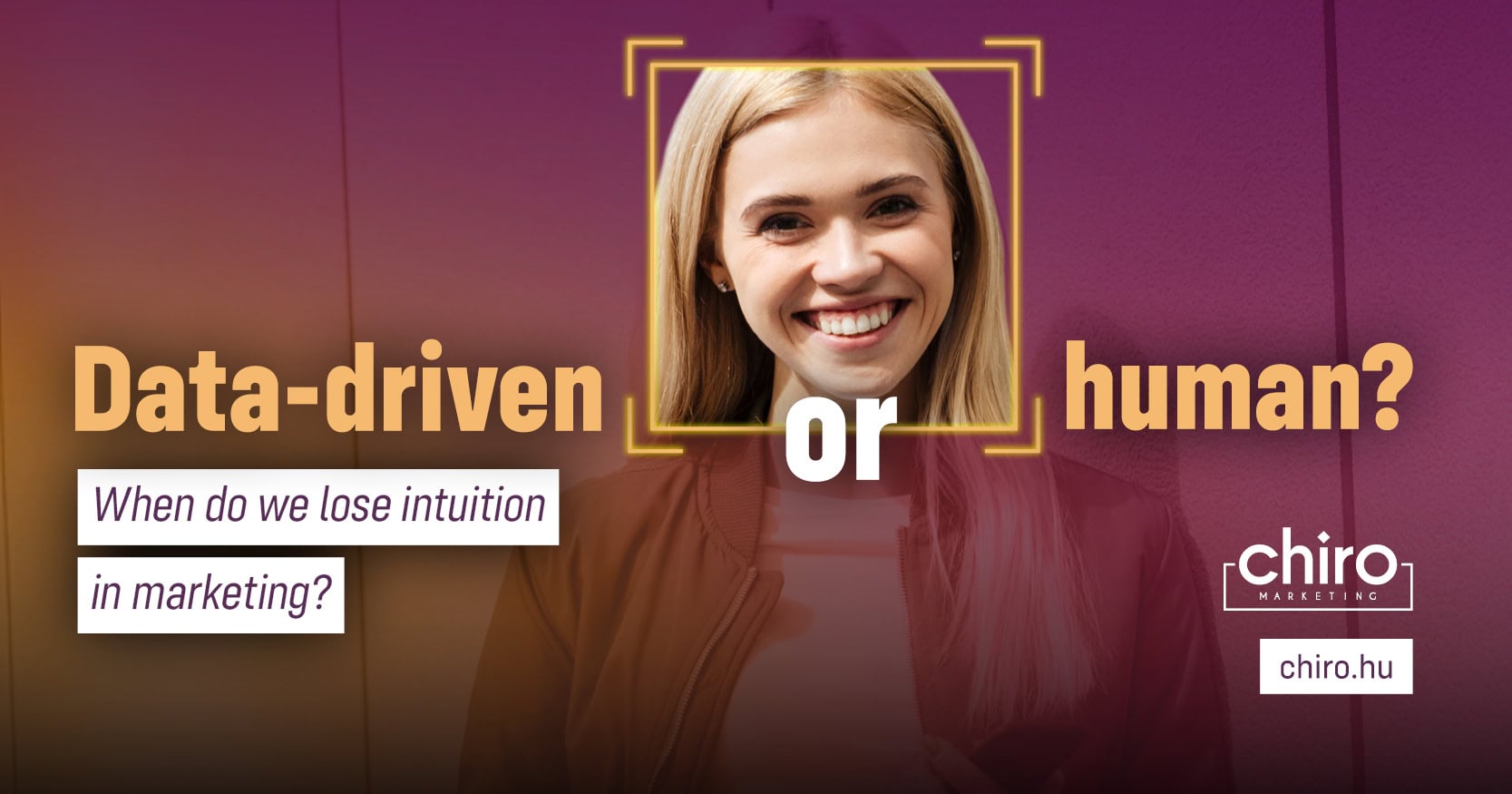It must be admitted that, unfortunately, the prestige of marketing as a profession is a matter of debate. This is due, among other things, to unethical marketing moves or the practice of an unfair entrepreneurial culture. It is therefore a shared responsibility of all of us to clear the name of our profession and educate the market about unacceptable practices. To do this, we’ve put together a few pointers. If you recognise any of these, you can be sure you’ve been subjected to unethical marketing. If you work for an online marketing agency, avoid these practices to comply with ethical marketing guidelines.
The thin ice of ethical marketing: photos
First and foremost, it is important to note that a tool alone does not make you ethical or unethical. It’s not what you use, but how you use it to achieve your marketing goals.
For example, one of the most typical tools of unethical marketing is misleading images. Often, stock photos or manipulated images are used in advertisements to make the product or the result it produces look better. Of course, it is not diabolical to photograph or film the product in a more beautiful setting in an advertisement. But it is worth leaving the information as it is.
There is no problem with using stock photos, as long as you make sure they are not misleading. The problem starts when you use them to promote a product that is completely different from the ones you have available.

Why is using photos problematic?
In summary, if you overuse misleading stock photos and image retouching in your marketing, you have already violated one of the basic principles of ethical marketing. Why?
Let’s say you sell skincare products and you use deceptive stock images promising beautiful skin in your advertising campaigns. Of course, your ads reach many people, because you’ve hired a professional online marketing agency to do the job, and many of them are placing orders. However, even after two weeks of testing, the majority of customers don’t see the change in their own skin that the promised complexion suggested. In such cases, these users may feel cheated. After seeing the advertisement, they expect something different from what they actually get.
Unfortunately, this can “win” you a lot of negative opinions and comments on social media. Not to mention the damage it can do to your company’s reputation in your industry. Or to the reputation to your online marketing agency.
Double-edged sword: sales or spam?
When it comes to promotional newsletters and SMS messages, it’s difficult to know where to draw the line between sales and spam. That’s why professional online marketing agencies devote considerable resources to newsletter marketing: it makes a difference what you send out.
If, for example, your favourite department store sends you newsletters about current promotions, and also provides additional information on the subject to increase your awareness, that’s not spam. On the other hand, if you send unsolicited sales-type messages to users who have not previously requested it? Then you are not only overstepping the boundaries of ethical marketing, but you are also in breach of GDPR regulations.
You are acting in accordance with ethical marketing if you only send messages to people who have actually requested it. By this, we mean that these users have subscribed to your mailing list through one of your channels and have legally consented to occasional requests.
Is it ethical marketing to promote sensitive topics?
Thesexual orientation, religious and political views are controversial tools in marketing. We, Hungarian users, are sensitive to these topics. For this reason, when planning your advertising campaigns, you should consider whether it is ethical and even necessary to touch on these issues. There can be relevance in running such campaigns, just make sure you stay within the boundaries of ethical marketing!
If you become strongly committed to one group or express your disapproval of another, you could lose a significant part of your target audience. You need to approach these issues with a very high level of emotional intelligence. Lacking that, it will be counterproductive to discuss them. In addition, most social media platforms already try to sanction or outright block personal ads.

“Always tell the truth!” – the cornerstone of ethical marketing
It is basic, yet important to stress that you should always avoid withholding facts and real information!
It is natural that as a marketer you are tempted to always present the best side of your products. However, promoting a water fortified with vitamin C and magnesium as a healthy drink, but the product contains three times as much sugar as a can of Coke? That is no longer an ethical marketing tool.
The law also penalises you if you do not properly inform consumers about the ingredients of your product. That, and you could lose their trust in you. Make sure that while you are marketing your product online to highlight the positive aspects of your product, you don’t hide the bad ones either! Rather, improve the negative side and if you can’t change it, reframe it! For example, if your online shop has long delivery times, communicate why this is the case. For example, your products are handmade and require detailed design.
Smearing your competitors is not ethical marketing!
Smearing or maligning companies, services or products is not an ethical marketing tool. In other words, don’t try to stand out in the market by running others into the ground, by spreading untrue information about your competitors. Rather, you should aim to enhance your own reputation!
There have been many campaigns in history in which companies have competed with each other and tried to outdo each other in a fun (!) way. Like Telekom and Vodafone, or Audi and BMW, but only mention them without infringing on your competitors’ rights!
And if you cross the boundaries of ethical marketing and bring another company or person into disrepute? The aggrieved parties have the right to sue you, whether you are a business or a marketing agency.

Withholding information is unacceptable!
Hidden charges are not only unethical, but also extremely upsetting to users. A striking example of this is when a shoe is advertised on a website at a price of 30.000 HUF, and then the total amount of the construction increases to 50.000 HUF before payment is made.
Unfortunately, this “pricing method” is sometimes used by online marketing agencies. This happens when it is not made clear at the beginning of the cooperation what the costs are. After a month it turns out that the package chosen by the client does not include reporting or other important services and can only be requested for an extra charge.
In Hungary, consumers are very price-sensitive when buying products. So it is often the price comparison that decides which company’s product or service to choose. With this in mind, avoid hidden pricing! Such unethical marketing activities are punished by the GVH with fines, and by users with turning away and loss of trust.
The ethical marketing ban list: false reviews
Writing fake reviews is a serious mistake that many people make. “Endorsed by XY doctor”, “recommended by XY”, that it is the best product and solution for all problems, etc. They sound familiar, don’t they?
For websites, many use templates that may have customer reviews already pre-populated. And many companies don’t even rewrite them, which is not only unprofessional, but can lead to unpleasant situations. Reviews are supposed to give credibility to your company and your product, but by using fake phrases you lose the trust of your users. And if you use an influencer or an existing celebrity to promote untrue reviews, that’s the punishable category.

You can see how thin the ice is between unethical and ethical marketing tools in many cases. If your intentions are honest and not to deceive your customers, it can move your marketing forward.
If you want to learn more about ethical marketing in podcast form, listen to episode 30 of the Marketing MSc Podcast, in which Noémi Matykó, CEO and owner of Chiro Marketing, explores the topic.
Listen to the show on Spotify, YouTube, Apple Podcasts or Google Podcasts!
And if you feel lost in the maze of ethical marketing and want answers to the questions you have, you need a professional and ethical marketing agency. Contact us! Contact us at info@chiro.hu or request a quote via www.chiro.hu!




